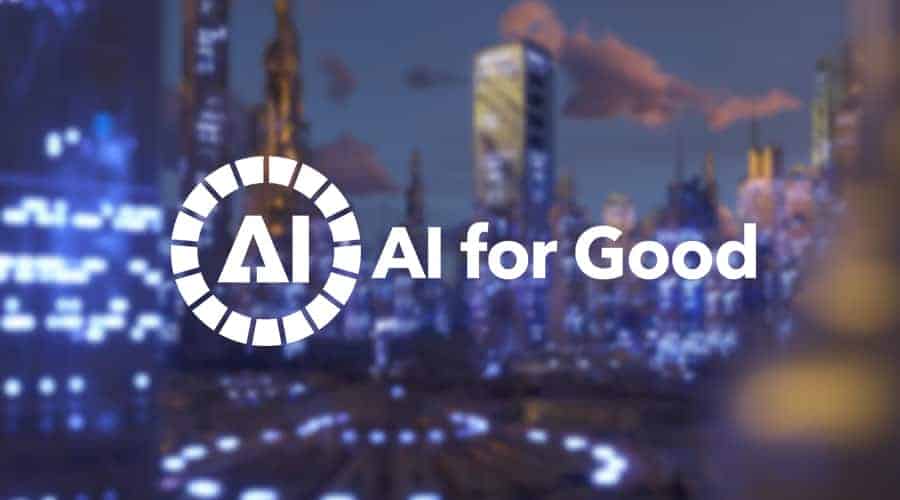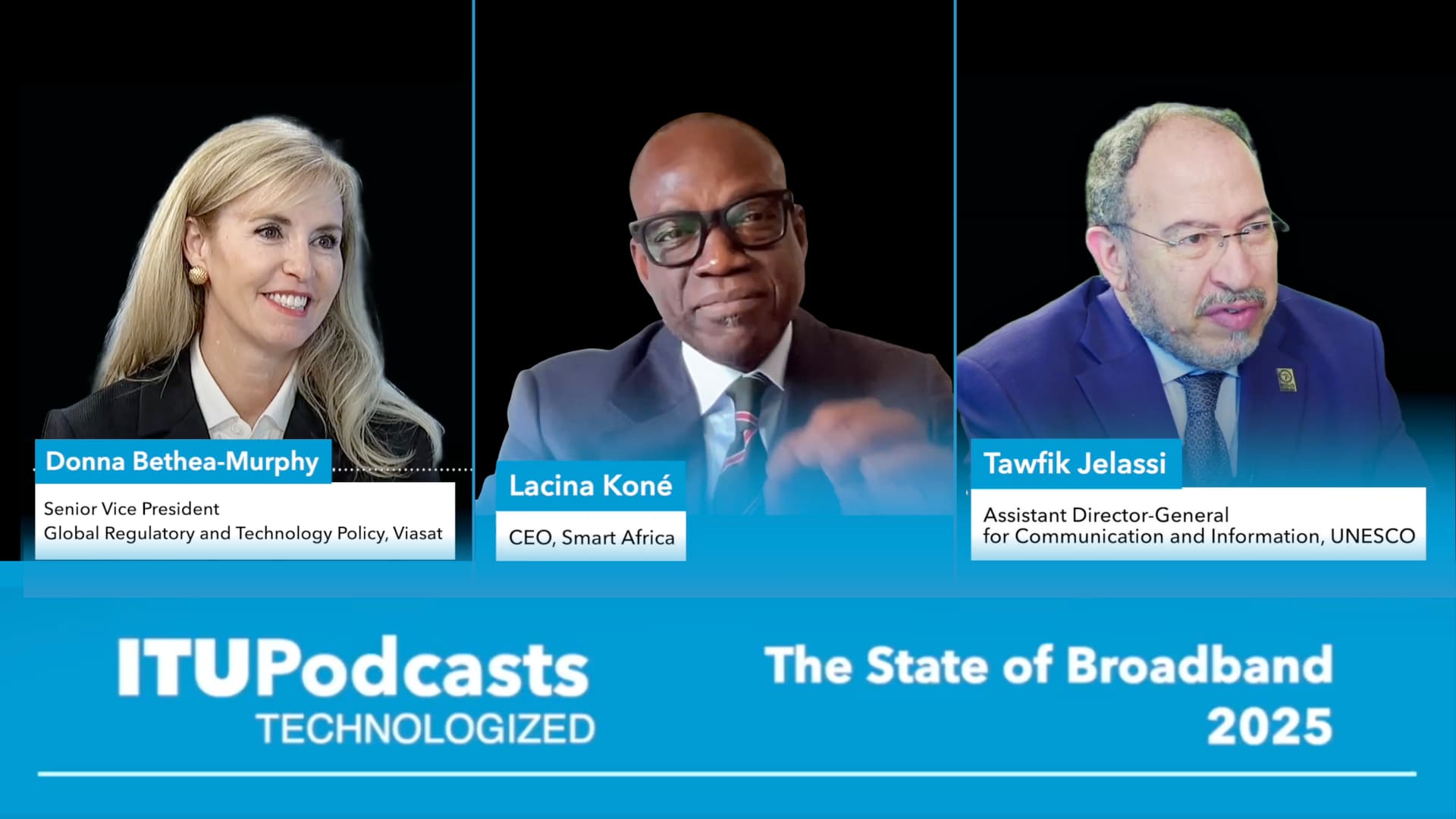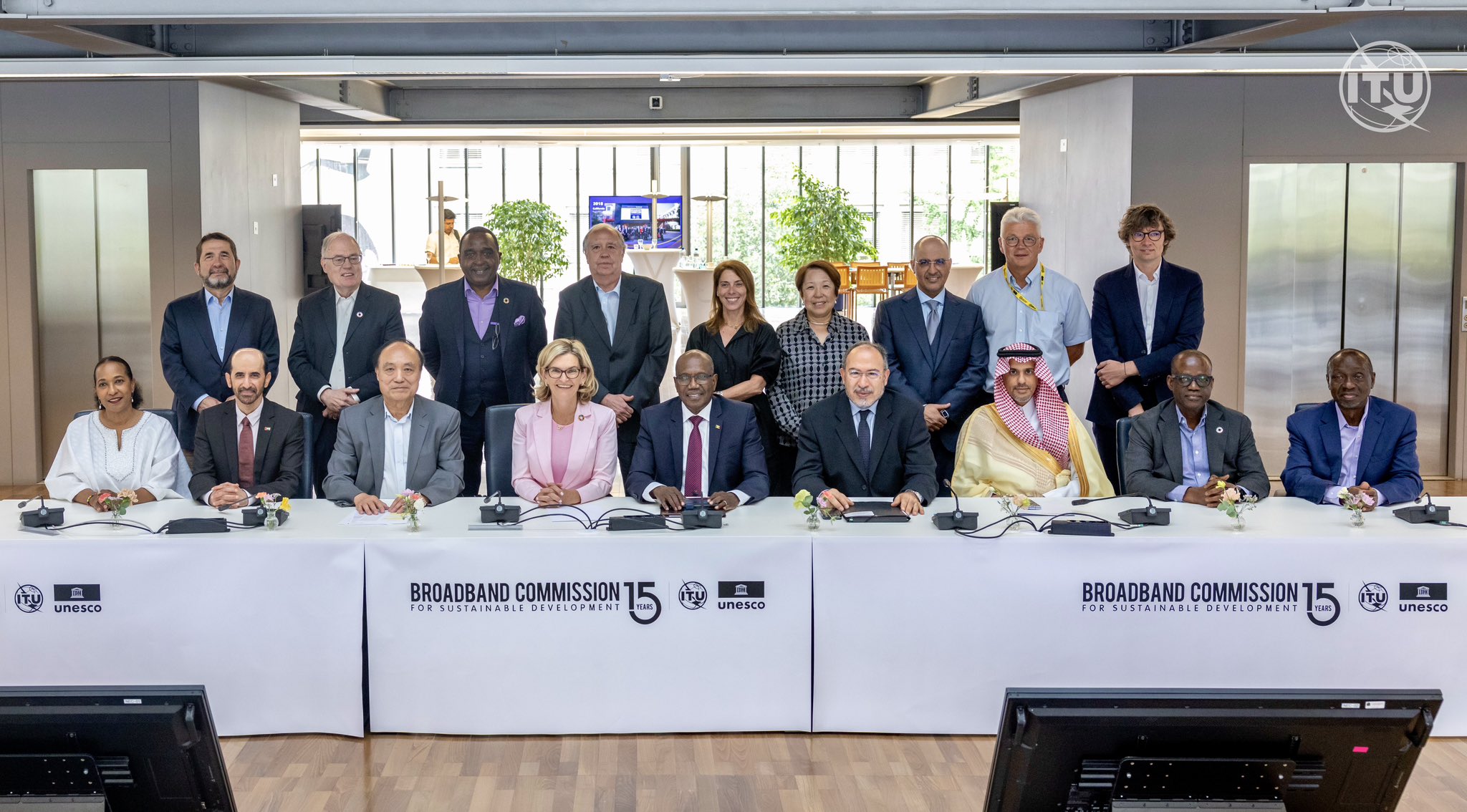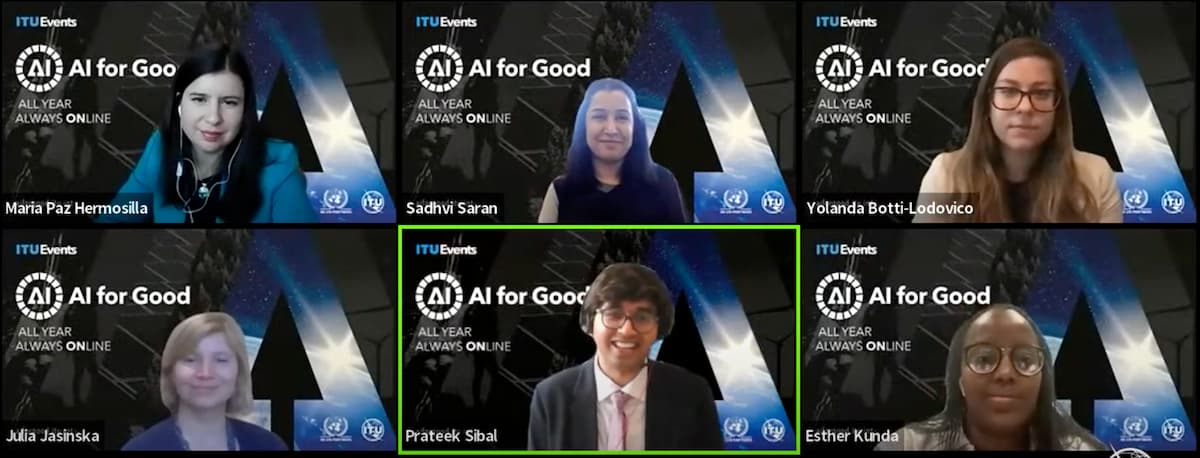
In May 2023, the Broadband Commission for Sustainable Development, UNESCO, and the International Telecommunication Union (ITU) conducted a webinar on “Leading in the Digital Era: How can Public Sector Leaders Use AI for the Good of All?” hosted on the AI for Good platform.
This interactive webinar introduced the AI and Digital Transformation Competency Framework, a practical guide to support digital and AI capacity development for civil servants, international organizations, and regional and national actors. This framework was developed by the Broadband Commission Working Group on AI Capacity Building, a collaboration involving multiple stakeholders and led by Nokia and UNESCO.
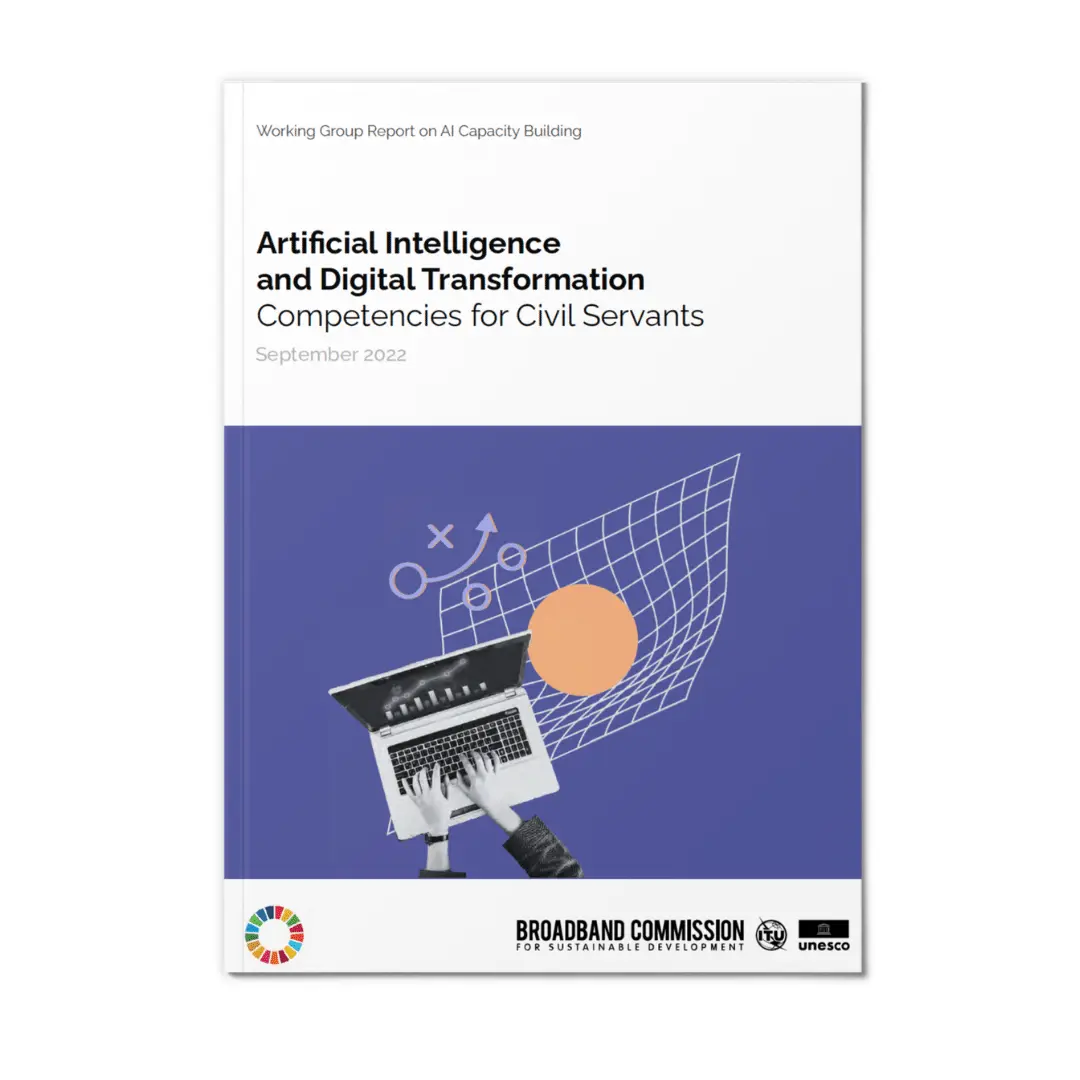
The webinar brought experts Esther Kunda (Ministry of ICT and Innovation, Rwanda), Yolanda Botti-Lodovico (McGovern Foundation, USA), Maria Paz Hermosilla Cornejo (GobLab, Chile), Julia Jasinska (Nokia), Sadhvi Saran (ITU) and Prateek Sibal (UNESCO) together to discuss digital transformation challenges, approaches, and best practices for governments.
167 participants from 43 countries attended this event remotely. Attendees were from all regions and represented diverse organizational types, including governments, civil society, start-ups, non-governmental organisations, and international organizations.
Designing inclusivity in every policy
Inclusive design is a cornerstone of good digital transformation practices. This includes having digital connectivity infrastructure (Wi-Fi, mobile networks, and fibre optic cables) and the data infrastructure (good quality and publicly available data) available. Inclusive design also means having human touch and support to engage communities, especially the groups who have been more digitally isolated, to get them onto digital platforms and use digital tools. For example, Rwanda’s Digital Ambassadors Programme recruits young people to provide digital literacy training to their communities in local languages and with a focus on locally relevant digital content and services. It supports Rwandans to benefit from new broadband connections in their areas and access e-Government and other digital and mobile services through Irembo Platform.
Discovering new insights with technology
Public servants need to equip themselves with skills and adopt attitudes to enable them to coordinate digital transformation in the government. For instance, an important competency to develop is problem identification. Civil servants need to select the right problems to develop the best, fit-for-purpose solutions. Consider that, the use of algorithmic techniques can support problem–identification processes. For instance, Chile has used cluster analysis to inspect tourist data in mountainous regions over a period of 10 years. This data set includes tourist data from national parks, ski resorts and public transportation. Through this process, new layers of understanding were developed. There were new unknown groups of tourists identified, which would not have surfaced with the usual analysis by expert groups. Hence, equipped with this knowledge, the Chilean civil servants can make better decisions on the types of infrastructure to build and improve.
Partnering for sustainable, forward-looking digital solutions
Public servants should take a multistakeholder approach and seek networks of AI practitioners or leaders. These knowledge leaders can cross-pollinate digital transformation ideas and reinforce digital transformation strategies. This can support and accelerate the adoption of inclusive, sustainable, and ethical AI practices in government and for their constituents. A good example of such a multistakeholder approach is the public-private partnership between Nokia and Wrocław, Poland to work together towards more smart care and mobility solutions for the Wrocław elderly and more intelligent public transport systems. These include solutions for more efficient healthcare with remote monitoring applications and smart mobility solutions with simplified bus connections.

